
OR
There should be positive perception about economy: FinMin Mahat
Published On: August 15, 2023 08:00 PM NPT By: Republica | @RepublicaNepal
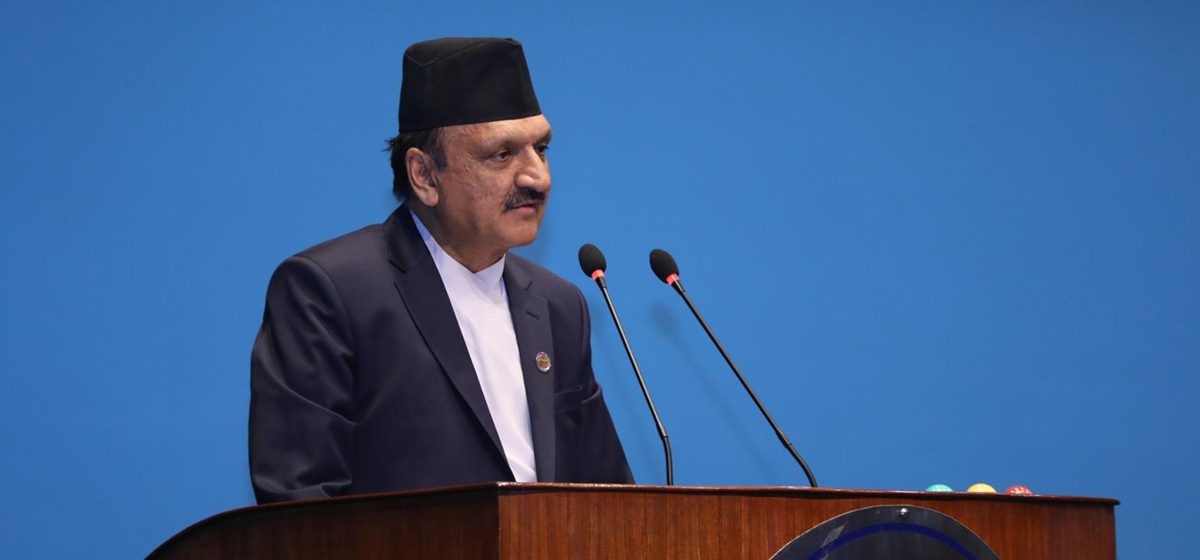
Kathmandu, Aug 15: Finance Minister Dr Prakash Sharan Mahat has said that the country's economy is improving in recent days but a positive outlook has not been developed among the general people and the private sector.
Speaking at the inauguration of the 'Management Seminar 2080' organized by the Department of Inland Revenue on Tuesday, Finance Minister Mahat expressed concern over the negativity dominating the private sector.
"Now, the economy is heading towards a positive direction. A positive outlook should be developed so that we can move towards a positive path and we can. But a trend of thinking of negativity from all sides is prevalent," Finance Minister Mahat said, indicating towards the private sector. "Efforts are underway to improve the economy and positive results are being seen."
The finance minister further said that the private sector is focusing its attention only on business and it has not been able to take benefit even though the government has adopted a policy to increase domestic production.
He directed the employees of the revenue offices across the country to carry out activities in a responsible manner to meet the revenue target set by the government in the current fiscal year.
On the occasion, Arjun Prasad Pokharel, secretary at the Ministry of Finance, said that the government's revenue collection target for the current fiscal year could be met by increasing the tax base. The government, according to him, is hopeful that the taxation system in Nepal would improve through systematic development and capacity building of the employees.
"The cost of revenue collection has increased. We need to get rid of the manual style of working unlike in the past. We need to optimize technology," said Finance Secretary Pokharel, urging the concerned authorities to emphasize implementation of the new provisions in the Financial Act.
He also called for addressing the concerns raised by the report of the Auditor General, CIAA and the need to effectively implement the decisions of the Revenue Tribunal, Kathmandu.
Similarly, Rajendra Malla, president of Nepal Chamber of Commerce, observed that the government could meet its revenue collection target if the scope of tax is extended rather than its base.
Stating that a huge number of enterprises and individuals were still out of the ambit of the taxation system, he pointed out the need to bring them under the ambit.
According to him, 40 percent of goods were being imported in the market through Grey Market'. Hence, he stressed that it should be brought under the scope of taxation. "One-door policy should be implemented apart from enforcing the provision of issuing PAN number along with the citizenship identity card," he said.
Likewise, Birendra Raj Pandey, vice-chairperson of the Confederation of Nepalese Industries, said that the morale of the private sector was down at the moment and thus said that it should be boosted.
According to him, the taxation system of Nepal should be manufacturing-oriented rather than import-oriented.
Similarly, Anjan Shrestha, senior vice-president of the FNCCI, expressed concern that there were no signs of improvement in the national economy in the current fiscal year. "Taxes in Nepal are higher than other countries in South Asia. The growth rate of revenue is negative as compared to the growth rate of the gross domestic product (GDP)," he said.
(RSS)
You May Like This
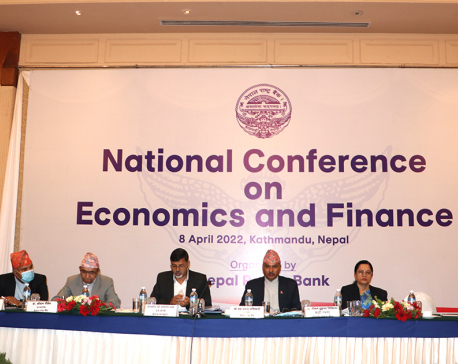
Some people want to make Nepal's economy like Sri Lanka’s, but we won’t let that happen: FinMin Sharma
KATHMANDU, April 8: Finance Minister Janardan Sharma has made it clear that Nepal's economy will not collapse like that of... Read More...
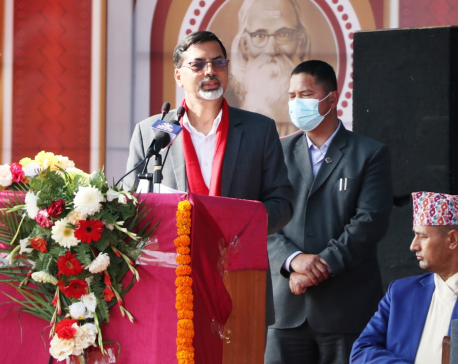
Economy is not as depressing as rumored outside
KATHMANDU, March 11: Finance Minister Janardan Sharma has said that the economy is not in a depressing state as rumored... Read More...

No need to worry about investment atmosphere: Dr Khatiwada
KATHMANDU, Dec 11: Finance Minister Dr Yubaraj Khatiwada has said there was no such atmosphere that discourages share investors because... Read More...



Just In
- Aid for war: On the United States Senate and aid package
- NEA Provincial Office initiates contract termination process with six companies
- Nepal's ready-made garment exports soar to over 9 billion rupees
- Vote count update: UML candidate continues to maintain lead in Bajhang
- Govt to provide up to Rs 500,000 for building houses affected by natural calamities
- China announces implementation of free visa for Nepali citizens
- NEPSE gains 14.33 points, while daily turnover inclines to Rs 2.68 billion
- Tourists suffer after flight disruption due to adverse weather in Solukhumbu district








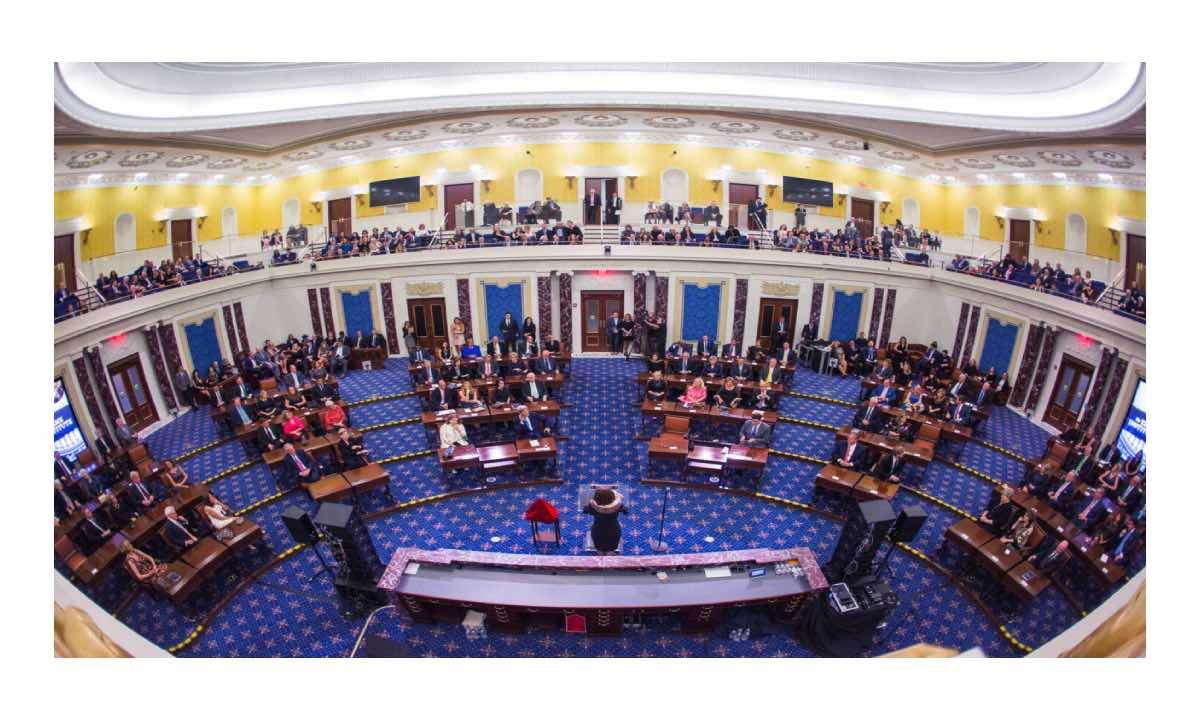




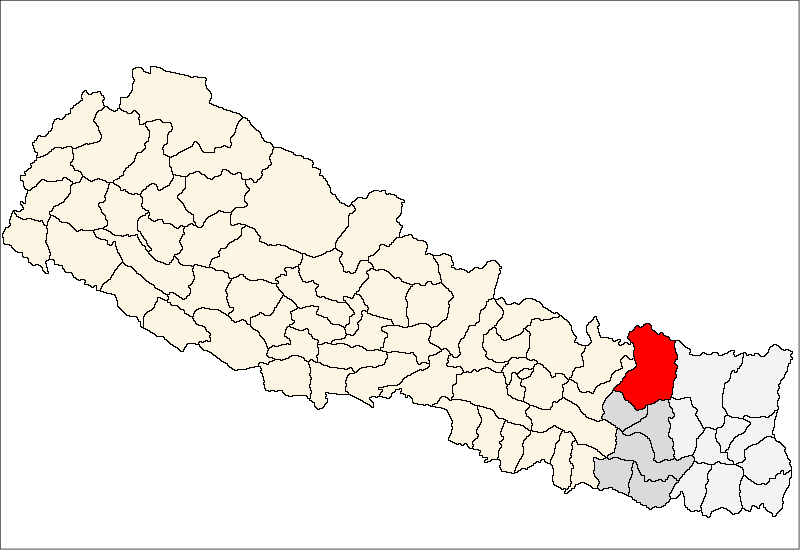
Leave A Comment